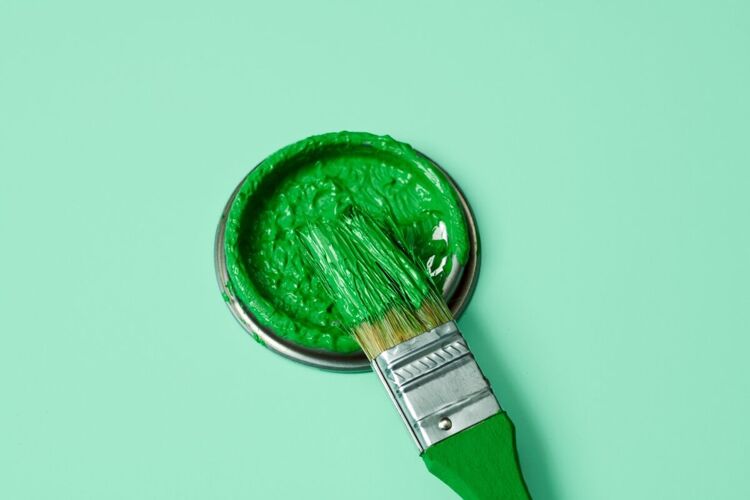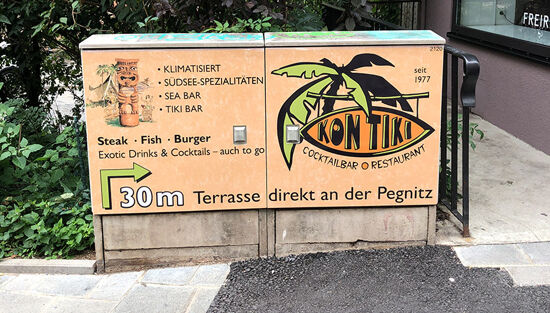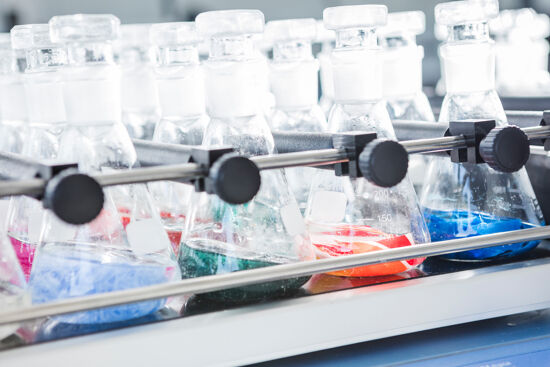The opportunities and challenges for brands with the EU Green Claims Directive

Steve Lister details the EU Greens Claims Directive which encourages businesses to be responsible and deters greenwashing. It demands accountability from businesses regarding their sustainability. Steve shares the potential penalties for non-compliance, how it will reduce greenwashing, the impact on brands if they are not compliant and the opportunities for brands.
The EU Green Claims Directive heralds a transformative era for responsible businesses, combating ‘greenwashing’ and instigating a paradigm shift towards genuine sustainability. Applying broadly to EU-operating companies, this regulatory marvel demands accountability for environmental assertions, excluding sectors already subject to green marketing rules.
In summary, the crux of it lies in substantiation—companies must validate claims with robust life cycle assessments, bringing an end to frivolous use of terms like ‘Eco’, ‘Green’ with more scrutiny on words like 'net zero' and 'carbon neutral.' External verification ensures claims withstand sustainability-audits, enhancing credibility. This directive isn't just a stick; it's a carrot for brand integrity, reducing legal risks and fostering better decision-making. It's a beacon guiding us to an era where 'sustainable' is more than a buzzword; it's a way of life.
However, it’s great to see the European Parliament taking such a bold step forward in the fight against greenwashing! This new Green Claims Directive is a game-changer for consumers and businesses alike. For far too long, companies have been getting away with making misleading claims about the environmental impact of their products or services. This has made it difficult for consumers to make informed choices about what they buy. And it's been even harder for businesses that are genuinely committed to sustainability to compete.
Let’s look in more detail at the Green Claims Directive.
The Green Claims Directive aims to stop greenwashing by setting standards for environmental or sustainability claims. The spark came from a 2020 study showing that 53% of environmental claims in the EU were vague or misleading. If your company makes claims like "T-shirt made of recycled plastic bottles" or "ocean-friendly sunscreen," you'll need to meet minimum standards for backing them up.
So, when does the Green Claims Directive come into effect at EU and member state level?
The directive kicks in 20 days after appearing in the Official Journal at the EU level. As for Member States, they have 18 months to put laws and regulations in place and must enforce these rules 24 months after the directive's effective date. Keep these timelines in mind to stay compliant. Here's a bullet-point summary of the latest key dates:
- 2023: Creation of the EU Directive on "Green Claims."
- 9 November 2023: Scheduled consideration of the draft report completed
- Summer 2024: Anticipated vote in the joint committee.
However, we must note that these timelines and developments are subject to change as they depend on various factors and legislative processes.
What are potential penalties for non-compliance with the Green Claims Directive?
Non-compliance may result in fines up to 4% of annual turnover in affected Member States. Additional penalties include revenue seizure from related transactions and exclusion from public procurement and funding for up to 12 months.
How will the Green Claims Directive aim to reduce ‘greenwashing’?
The directive aims to cut down on greenwashing by setting strict verification and substantiation standards for environmental claims. Member States will oversee these processes, relying on independent, accredited verifiers. So, if your company makes a green claim, be prepared to back it up with robust, widely recognized scientific evidence.
If you're comparing your product to others, make sure the comparison is fair and based on similar data. Aggregate scores that lump various environmental impacts together are not allowed unless they align with EU rules.
Regarding labels, EU-level schemes are the gold standard. New public labelling schemes must be at the EU level, and new private schemes need pre-approval and must show they're more ambitious environmentally. All environmental labels need to be transparent, third-party verified, and reviewed regularly.
The new Directive will put an end to all the ‘greenwashing’ we have seen lately. It will ban generic environmental claims like "eco-friendly", “Green” and "biodegradable" unless they can be backed up by solid evidence. It will also crack down on claims about product durability that turn out to be false. I am going to write another update to the key words that look like they will be banned under this new Directive.
What’s the impact on brands if they get it wrong?
The Green Claims Directive isn’t just for show; many brands have already been caught out by them across the globe. Examples include:
- Volkswagen: faced backlash for cheating on emissions tests in 2015.
- McDonalds and Starbucks: heavily criticised for replacing plastic straws with solutions that are just as, if not more, harmful for the environment.
- Walmart: exposed for false claims on the use of bamboo in products, leading to a $3 million fine.
- Zara and H&M: under fire for claims of “sustainable clothing”, with general perception being that these claims are being used only as marketing tactics to drive more sales – despite solid evidence to the contrary.
This is a major victory for transparency and accountability. It will give consumers the information they need to make informed choices about the products they buy. And it will help businesses that are serious about sustainability stand out from the crowd.
We believe that this new Directive is a watershed moment in the fight for sustainable business practices. It shows that the EU is serious about tackling greenwashing and planned obsolescence. And it sends a clear message to businesses around the world: consumers are no longer willing to be fooled.
What are the biggest opportunities for businesses seen through the Green Claims Directive?
The Green Claims Directive offers several opportunities for businesses:
Spur Market Opportunities: By encouraging competition around sustainable products, the directive opens new market segments, allowing businesses to diversify and grow.
Enhance Product Quality: The focus on sustainability can lead to improved product performance, benefiting both consumers and manufacturers.
Increase Credibility: The directive provides a framework for businesses to substantiate their environmental claims. This can build trust among consumers and help companies stand out.
Avoid Greenwashing Pitfalls: Businesses can sidestep the reputational risks associated with greenwashing by adhering to the directive's standards.
Level Playing Field: By regulating private environmental labels, the directive makes it easier for businesses to compete fairly, reducing consumer confusion in the process.
Overall, the directive aims to reward genuine sustainability efforts, spur innovation, and drive market growth, while holding businesses accountable for their environmental claims.
In addition to the above, the new Directive is part of a broader EU strategy to promote sustainable consumption and production. This strategy includes a number of other initiatives, such as the Eco-design Directive and the Circular Economy Action Plan. These initiatives are all working together to create a more sustainable future for Europe.
Topics
Recent news

How to print on sustainable self-adhesive films
The printing industry is making substantial efforts to become more sustainable. Sustainable self-adhesive film is an important factor. Sonja Angerer shares how to print on films in an environmentally friendly way and what printers can do to become greener.
.png?width=550)
Sustainable sportswear: Closing the loop for a circular economy
Joanna Czutkowna is a consultant and doctoral researcher specialising in circularity within sports apparel. With over 20 years’ experience managing global sourcing strategy and innovation departments for some of the world's largest brands, she has extensive experience in product development and global supply chains. In this blog, and ahead of the ‘Designing for the Circular Economy’ panel at the 2024 Sportswear Pro conference (21 March at RAI Amsterdam, The Netherlands), she delves deeper into closing the loop with circular garment business models for sustainability benefits.

Greener chemistry for textile & leather supply chains
John Murphy, Technical Director Europe from Hohenstein shares how OEKO-TEX® ECO PASSPORT is a credible proof of sustainable textile and leather chemicals that affect global consumers, manufacturers, brands, and retailers.

The importance of gendery equality and creating job opportunities for businesses
Clare Taylor discusses the significance of social responsibility for businesses. Workplace social sustainability is derived from various categories including human rights, modern slavery, discrimination and more.